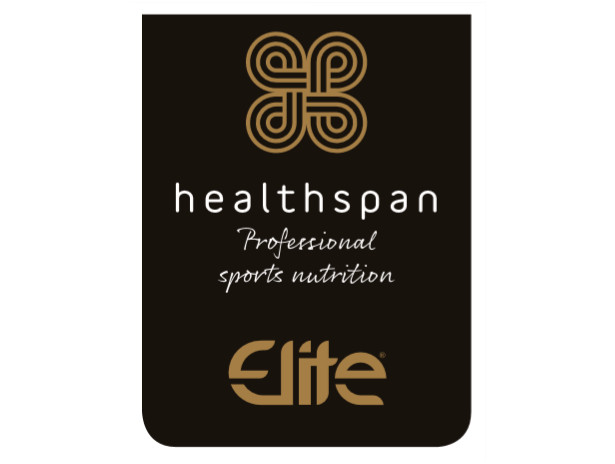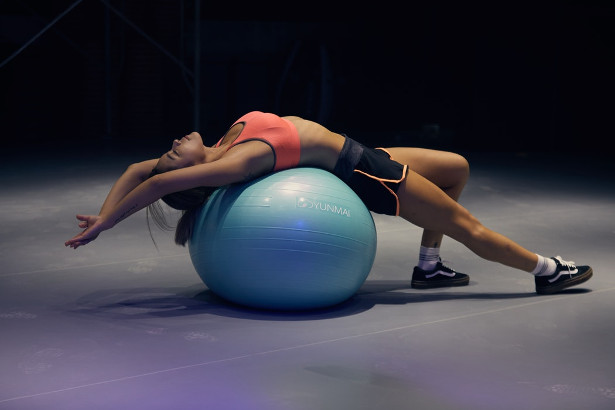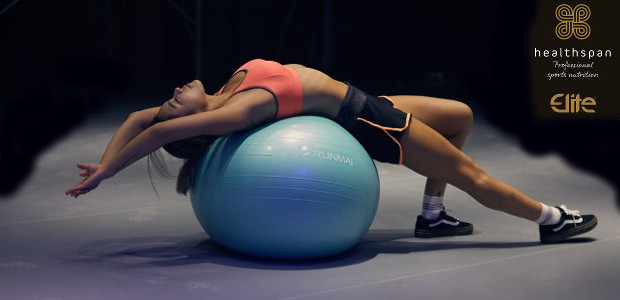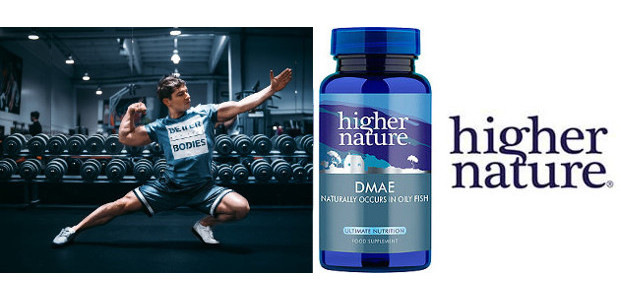Why protein is the perfect partner for exercise

www.healthspanelite.co.uk

TWITTER | FACEBOOK | YOUTUBE | PINTEREST
Protein powder is a great way to ensure that your body is getting enough of the nutrient; this is especially important if you’re active and looking to build muscle or would prefer an ‘on-the-go’ boost than a whole meal with a complete protein. Your body’s need for protein may change if you’re recovering from an injury, just starting your fitness journey or going into bulking season.
Unflavoured protein powder offers more versatility than flavoured protein powder, meaning you can be more creative with it. Batch tested by Informed Sport and Men’s Health 2019 Supplement Award ‘Best Protein Powder’ winner; Elite Whey Protein Isolate 90% (£34.99 1kg, www.healthspanelite.co.uk) is unflavoured giving you the control of your protein intake. Whey protein isolate is widely regarded as the finest form of protein due to its high protein content of 32g per serving, each serving also contains added vitamins and minerals to aid protein synthesis.

Muscle mass
A 2004 study published in the Nutrition Journal found protein could help increase muscle growth and promote lean body mass gain. Male participants of a university weight training class were given daily protein bars containing either soy or whey protein. The results found both types of protein bar helped participants gain lean body mass but only the soy-based bar had an added antioxidant preserving function.
Muscle recovery
Research has shown whey protein supplementation helps athletes build lean muscle mass and help with muscle recovery. This type of protein, found naturally in milk, is rapidly absorbed and contains a high percentage of amino acids including cysteine and leucine. Leucine is an important player in muscle protein synthesis, the process in which the body repairs and regenerates muscle. After exercising your body needs enough leucine levels to enable this muscle-building process to take place. Add a scoop to juice and smoothies for an easy to whip up post work out recovery drink.
Injury recovery
Protein deficiency can contribute towards poor wound healing by prolonging the inflammatory process, impairing collagen synthesis and inhibiting wound remodelling. Immobility following injury can also lead to a degree of muscle atrophy. Athletes need to ensure they consume sufficient energy and protein post injury to help optimise healing and to limit excessive losses in muscle mass.
1.Russell, L. (2001) The importance of patients nutritional status in wound healing. British Journal of Nursing, 10 (6)
















